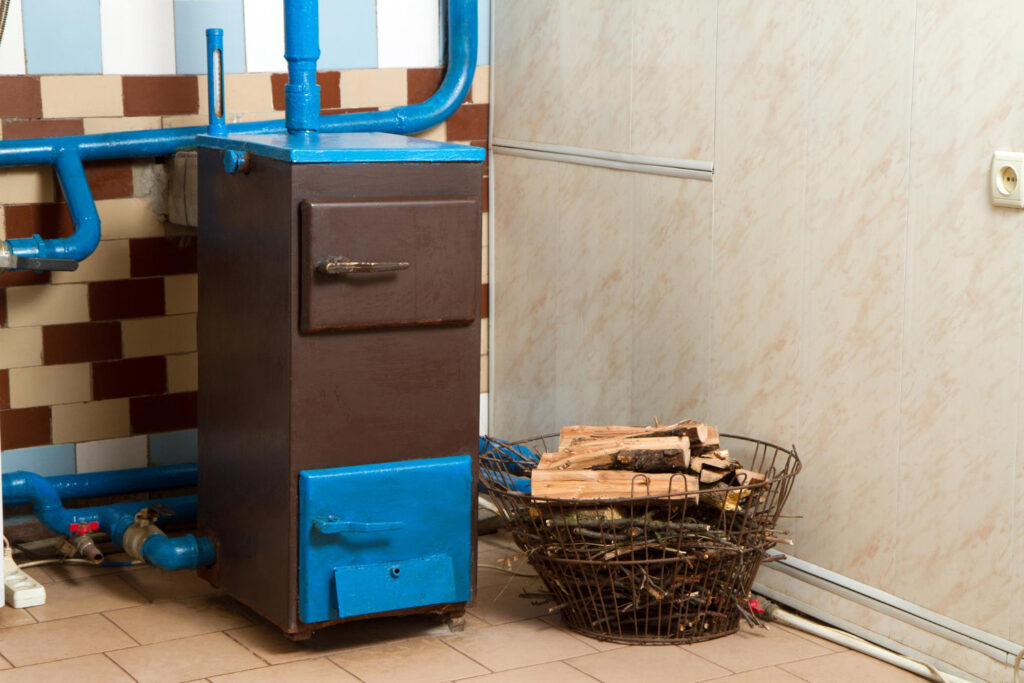Replacing a furnace is a significant decision for any homeowner. Knowing when it’s time to make the switch can save you from unexpected breakdowns, high energy bills, and frequent repairs. Understanding the signs that indicate your furnace has reached the end of its lifespan can help you plan for a replacement before it becomes an urgent need.
Signs Your Furnace is Nearing the End of Its Lifespan
Recognizing the signs that your furnace is nearing the end of its lifespan can help you prepare for a replacement before a complete breakdown occurs. One of the most telling signs is the age of the furnace. Most furnaces are designed to last around 15-20 years. If your furnace is approaching or has surpassed this range, it may be time to consider a new unit.
Another indicator is an increase in heating bills despite regular maintenance. As furnaces age, they lose efficiency and require more energy to produce the same amount of heat. If you notice a steady rise in your energy costs, it could be a sign that your furnace is working harder than it should.
Frequent cycling is another symptom of an aging furnace. If your furnace turns on and off more often than usual, it may be struggling to maintain the set temperature, indicating that the unit is wearing out. Unusual noises, such as banging, rattling, or squealing, can also signal that internal components are failing.
Frequent and Costly Repairs
Another clear sign that it may be time to replace your furnace is the frequency and cost of repairs. Furnaces that require frequent repairs are usually beyond their optimal working condition. Each repair, while temporarily solving specific issues, can add up in costs and stress. If you find yourself calling for heating repair services multiple times a year, it may be more cost-effective to invest in a new furnace.
Evaluate the nature and cost of the repairs. If you are facing significant repairs, such as fixing a cracked heat exchanger or replacing a blower motor, it may be more sensible to replace the entire unit. These types of repairs can be almost as expensive as installing a new furnace, especially when considering labor and parts.
Moreover, constant malfunctions disrupt the comfort and safety of your home. Reliable heating is crucial during cold months, and frequent breakdowns can cause unnecessary inconvenience. By opting for furnace replacement, you can achieve consistent and worry-free heating, reducing the need for unexpected service calls and avoiding the cumulative costs of ongoing repairs.
Benefits of Upgrading to a New Furnace
Upgrading to a new furnace offers numerous benefits that extend beyond reliable heating. One of the most significant advantages is improved energy efficiency. Modern furnaces are designed to use less fuel while providing the same, if not better, heating levels. This results in lower energy bills, which can save you money over time.
Another benefit is enhanced comfort. New furnaces come equipped with advanced technology that allows for more even heat distribution and precise temperature control. Features like variable-speed blowers ensure that warm air circulates evenly throughout your home, eliminating cold spots and creating a more comfortable living environment.
New furnaces also offer improved air quality. Modern units have better filtration systems that reduce dust, allergens, and other airborne particles. This can be particularly beneficial for households with individuals who suffer from allergies or respiratory conditions. Additionally, the latest furnaces are quieter, making for a more peaceful home environment.
Choosing the Right Furnace for Your Home
Selecting the right furnace for your home involves several considerations to ensure you get the most suitable and efficient unit. First, consider the size of your home. A furnace that is too small will struggle to heat your home, while one that is too large will cycle on and off frequently, wasting energy and increasing wear and tear. Our professionals can perform a load calculation to determine the appropriate furnace size for your home.
Energy efficiency is another critical factor. Look for furnaces with high Annual Fuel Utilization Efficiency (AFUE) ratings. A higher AFUE rating means the furnace converts more fuel into heat, resulting in lower energy costs. Our technicians can help you choose a furnace with the best efficiency for your needs.
Fuel type is also important. Furnaces can run on natural gas, oil, propane, or electricity. The best choice may depend on energy availability and costs in your area. Additionally, consider the furnace’s features, such as variable-speed blowers and advanced thermostats, which can enhance performance and comfort.
Conclusion
Replacing your old furnace with a new, efficient model can provide numerous benefits, from cost savings and improved comfort to better air quality and reduced noise levels. Recognizing the signs of an aging furnace and understanding when it’s time to invest in a new unit is crucial for maintaining a comfortable and safe home environment.
Don’t wait for a complete breakdown or spend excessively on frequent repairs. Ensure your home stays warm and comfortable by considering a furnace replacement in York, PA. Contact Advance HAWS today for expert advice and professional furnace installation services. Our team is here to help you choose the best furnace for your home and ensure a seamless installation process!



